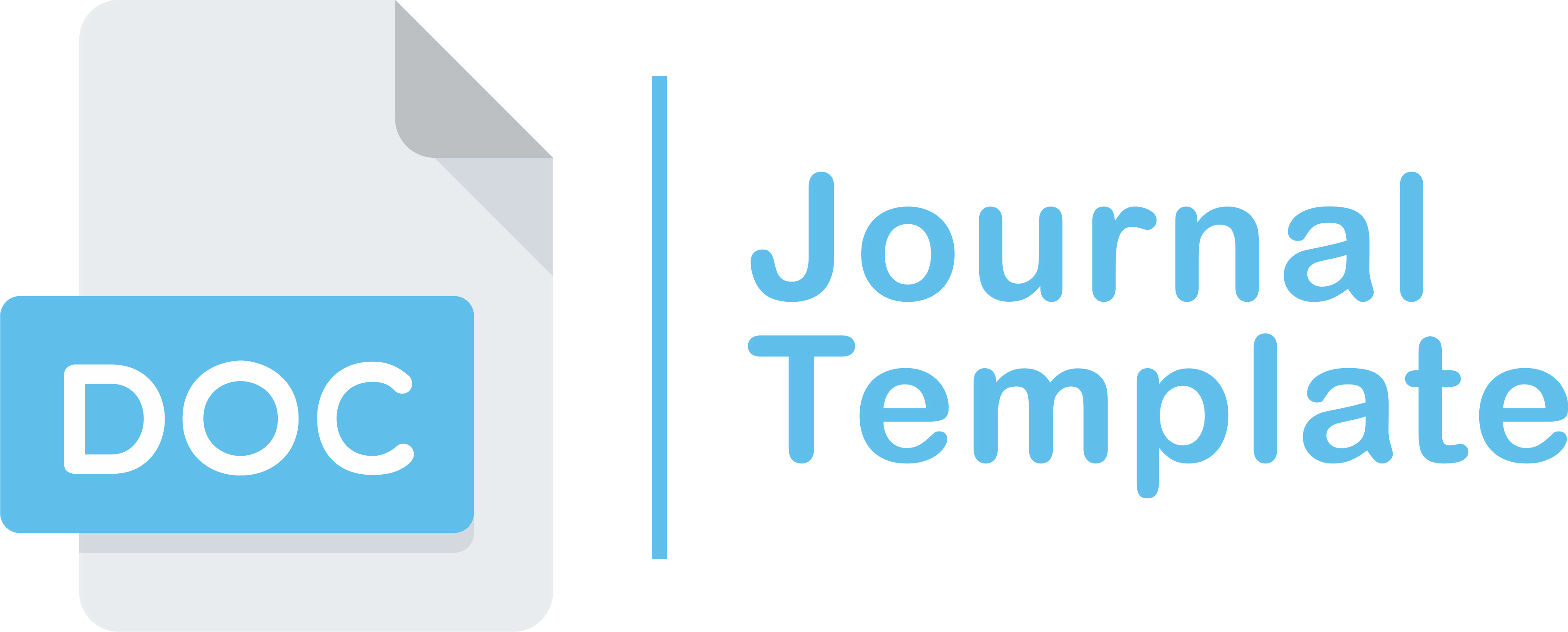BAGAIMANA HUBUNGAN PERASAAN LELAH KERJA PADA KINERJA KARYAWAN PT BARITO GALANGAN NUSANTARA
Abstract
This study aims to analyse workload, work fatigue, and their impact on employee performance at PT Barito Galangan Nusantara. The workload at this company has a complex characteristic that includes not only the quantity of work but also the technical difficulty level, project deadline accuracy, and challenging environmental conditions such as harsh weather around the Barito River area. The research method used is qualitative descriptive with data collected through in-depth interviews with informants representing various job levels, including managers, HRD, operational supervisors, and field operators. The results show that the high workload and uneven distribution of tasks, especially to experienced and specialized employees, significantly contribute to prolonged work fatigue. The on-call system and frequent emergency calls exacerbate the condition, potentially lowering employee performance. Although the company has implemented several mechanisms, including an early warning system and periodic workload evaluations, challenges in workload redistribution remain, particularly when facing sudden orders and intensive overtime needs. This study emphasizes the importance of effective workload management to minimize work fatigue and maintain employee performance. Additionally, the active role of the HR department in monitoring employee conditions and taking anticipatory actions is crucial to improving operational effectiveness and worker well-being in the shipyard industry.
References
Desmala Dewi. (2016). Manajemen Sumber Daya Manusia. Jakarta: Prenadamedia Group. (Referensi kerangka pikir terkait hubungan beban kerja, lelah kerja dan kinerja karyawan)
Vania Sally dan Waktu Syarvina. (2022). "Analisis Pengaruh Beban Kerja Terhadap Kinerja Karyawan PT Perkebunan Nusantara IV Medan". Jurnal Manajemen dan Kinerja,
Handoko, T.H. (2010). Manajemen Personalia dan Sumber Daya Manusia. Yogyakarta: BPFE. (Dasar-dasar manajemen beban kerja dan sumber daya manusia).
Robbins, S.P., & Judge, T.A. (2017). Organizational Behavior (17th ed.). Pearson Education. (Teori perilaku organisasi dan kinerja karyawan)
Niebel, B.W., & Freivalds, A. (2009). Methods, Standards, and Work Design. McGraw-Hill. (Perancangan beban kerja dan ergonomi)
Selye, H. (1976). The Stress of Life. McGraw-Hill. (Teori stres kerja dan dampaknya pada kinerja)
Ivancevich, J.M. (2014). Organizational Behavior and Management. McGraw-Hill Education. (Pengaruh beban kerja dan stres dalam organisasi)
Luthans, F. (2011). Organizational Behavior: An Evidence-Based Approach. McGraw-Hill. (Kinerja karyawan dan variabel psikologis di tempat kerja)
Spector, P.E. (1997). Job Satisfaction: Application, Assessment, Causes, and Consequences. Sage Publications. (Faktor-faktor yang mempengaruhi kepuasan dan kelelahan kerja)
Borg, G. (1998). Psychophysical Scaling with Applications in Physical Work and the Perception of Exertion. Human Kinetics. (Pengukuran kelelahan kerja secara fisik)
Cooper, C.L., & Marshall, J. (1976). "Occupational Sources of Stress: A Review of the Literature Relating to Coronary Heart Disease and Mental Ill Health." Journal of Occupational Psychology, 49(1), 11-28. (Stres kerja dan kesehatan karyawan)
Greenberg, J., & Baron, R. A. (2008). Behavior in Organizations (9th ed.). Pearson. (Perilaku individu dan kelompok dalam organisasi)
Miner, J.B. (2005). Organizational Behavior 1: Essential Theories of Motivation and Leadership. M.E. Sharpe. (Motivasi kerja dan beban kerja)
Armstrong, M. (2020). Armstrong's Handbook of Human Resource Management Practice. Kogan Page. (Manajemen beban kerja, sistem kompensasi dan insentif)
Griffin, R.W., & Moorhead, G. (2011). Organizational Behavior: Managing People and Organizations. Cengage Learning. (Implementasi beban kerja dan hubungannya dengan kinerja)
Chandra, I. (2017). Manajemen Sumber Daya Manusia. Jakarta: Rajawali Pers. (HRD dalam mengelola beban kerja dan kelelahan)
Mulyadi, D. (2010). Manajemen Sumber Daya Manusia untuk Perusahaan. Mitra Wacana Media. (Pengaturan jadwal kerja dan sistem shift)
Robbins, S.P. (2001). Perilaku Organisasi. Jakarta: PT Indeks. (Pengaruh stres kerja pada kinerja dan produktivitas)
Hasibuan, M.S.P. (2015). Manajemen Sumber Daya Manusia. Jakarta: Bumi Aksara. (Pengelolaan beban kerja dan kompensasi)
Downloads
Published
Issue
Section
License
Copyright (c) 2025 Servqual: Jurnal Ilmu Manajemen

This work is licensed under a Creative Commons Attribution-NonCommercial-NoDerivatives 4.0 International License.








